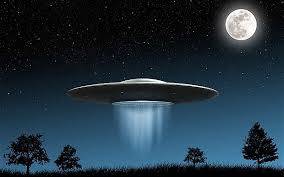
International Asteroid Day is celebrated on 30 June to spread awareness in public about the asteroid impact hazard. The day marks the anniversary of the 1908 Tunguska impact.
Daily Current Affairs Quiz 2020
Key-Points
In 2016 the United Nations General Assembly adopted resolution A/RES/71/90, declaring 30 June as International Asteroid Day.
It is observed each year to mark the anniversary of the Tunguska impact over Siberia, Russian Federation, on 30 June 1908, and to raise public awareness about the asteroid impact hazard.
The Tunguska asteroid event in Siberia, Russian Federation, on 30 June 1908, was the Earth’s largest asteroid impact in recorded history.
It also raises awareness about the role of asteroids in the formation of our universe, how their resources can be used in the future, how asteroids provide the way for future exploration, and also how we can protect our planet from the impacts of asteroids.
What are Asteroids?
Asteroids are small rocky body that orbits around the sun. Mostly, they are found between the orbits of Mars and Jupiter but some have more eccentric orbits. So, we can say that asteroids are rocky-metallic objects which range in size from about the size of pebbles to around 600 miles across. They are so small that they are not considered as planets but they orbit Sun. They are also known as the leftover material of the Solar System.





